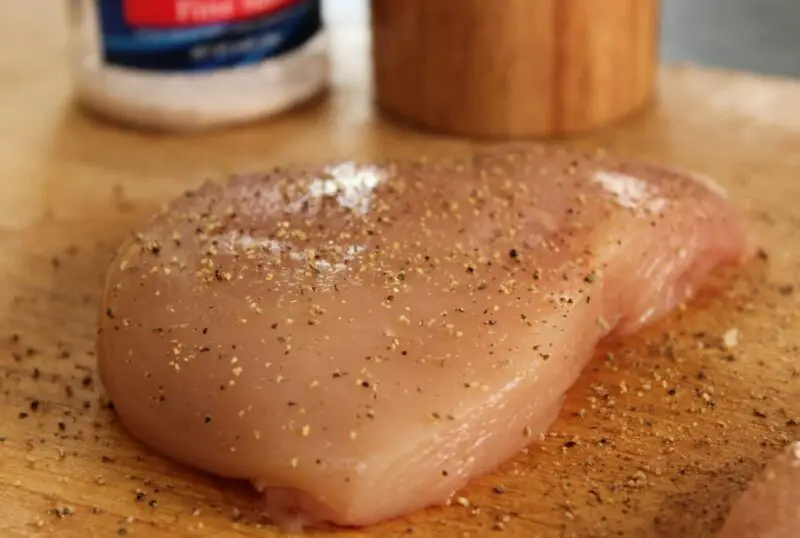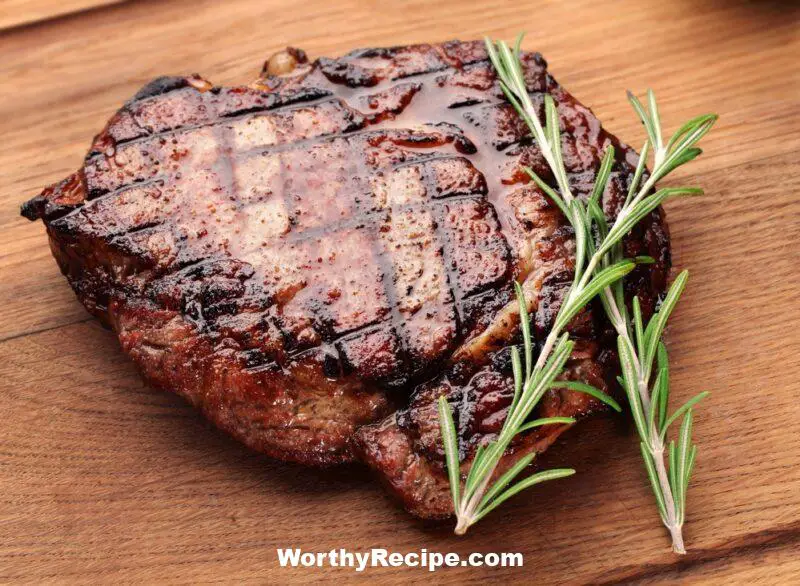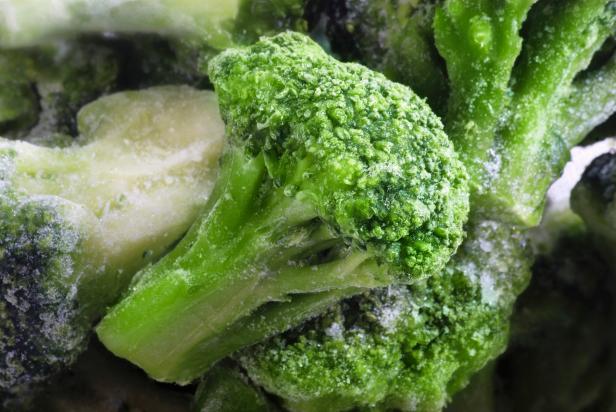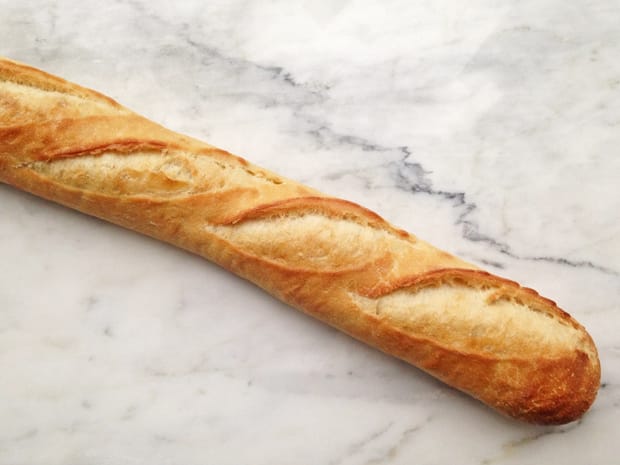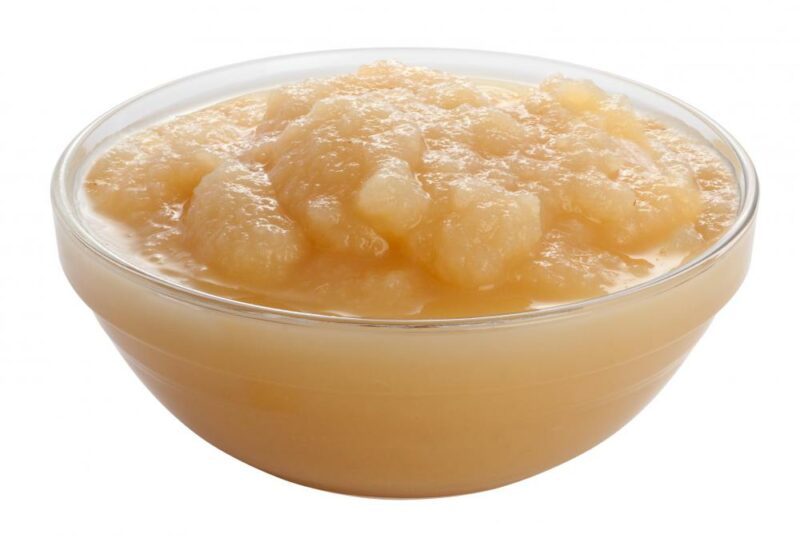How to Cook Chicken Without Burning the Seasoning
Introduction
Chicken is a staple protein in many households around the world, and for good reason. It’s versatile, easily accessible, and has a neutral flavor that can take on different seasonings and spices. However, improperly seasoning and cooking chicken can lead to disastrous results – burned or undercooked chicken that’s unappetizing at best and dangerous to eat at worst. Thus, it’s essential to understand the basics of chicken cooking, choosing the right seasonings and spices, techniques for preventing seasoning from burning, tips, and tricks for perfectly-cooked seasoned chicken, dealing with common issues, adding complexity with flavor pairings, easy recipes to try at home, and FAQs related to cooking chicken properly without burning your seasoning.
Understanding The Basics of Chicken Cooking
Before we dive into how to prevent burned seasoning on your chicken, it’s crucial to understand some fundamental aspects of chicken cooking. Here are some key factors to consider:
- Type of Chicken Cuts: Different cuts of chicken cook at different rates. Dark meat like thighs or wings typically take longer than white meat like breasts. Thus you need to consider what part of the chicken you’re cooking and adjust your cooking time accordingly.
- Preparing the Chicken Before Cooking: Properly preparing your chicken before cooking is essential in getting tender perfectly cooked and flavorful chicken. You may choose marination with dry or wet rub depending on preference or brining if you want more tender meat.
- The Importance of Maintaining Temperatures: Chicken should always be cooked thoroughly until there’s no pink in the middle. This prevents foodborne illnesses that could result from undercooked chicken. Always make sure you maintain proper temperature while cooking; high heat is usually applied initially in searing pieces before reducing heat depending on preference ensuring consistency throughout the cooking process
Choosing the Right Seasonings and Spices
Your choice of seasoning can make or break your chicken recipe. Here are some tips to help you choose the right seasonings:
- Complementing Seasonings: Choose seasonings that complement one another and work well when paired with chicken. Some popular hard-to-go-wrong seasoning combinations are salt, garlic, parsley, and rosemary or Lemon, Pepper, Marjoram, and Thyme.
- Matching Seasonings to Different Types of Cuts: Certain cuts can handle bolder or milder flavors, so make sure you adjust your seasonings depending on what type of chicken cut you’re working with. For instance, a dry rub that contains cumin, chili powder, and paprika will work perfectly for grilled or roasted drumsticks but may overwhelm the subtler flavors of a grilled chicken breast.
- Tips for Developing A Balanced Flavor Profile: Experiment with different seasoning blends while cooking chicken to find the perfect balance of flavors that best suits your taste. Always start by applying small amounts until you achieve your preferred boldness or mildness.
Techniques for Preventing Seasoning from Burning
Seasoning burns are usually frustrating because they leave your chicken less appealing and sometimes inedible. Here are some tips for preventing burned seasoning:
- Using the Right Temperature and Heat Source: Avoid using high heat when searing your chicken as this can cause the seasoning to burn that leaves an unappealing crust instead use medium temperature consistent throughout the cooking process until it’s fully cooked.
- Different Ways to Apply Seasoning – Dry Rubs And Wet Marinades: Dry rubs should always be strained before applying. The moisture should come from the chicken itself.
Wet Marinade works best when used with a ziplock back so you can really mix the components together. Another benefit of this method is that the chicken remains juicy as it cooks. - Monitoring Cooking Time and Flipping Techniques: Flip your chicken pieces regularly, so they cook and brown evenly. If using an oven, keep a watchful eye on chicken while it bakes, basting in the remaining juices as it continues to cook. There’s no need to continuously flip or move chicken around the cooking apparatus; consistency and steady temperature around the chicken suffice.
Tips & Tricks for Perfectly Cooked Seasoned Chicken
Here are some tips and tricks to help you achieve perfectly cooked seasoned chicken:
- Straining Excess Seasoning Before Cooking: As mentioned above, always strain any excess seasoning before applying your rub. Too much seasoning will, most times, result in strong overpowering flavors that could ruin your dish.
- Knowing When to Take Chicken Off the Heat: Overcooked dry chicken isn’t pleasing at all, but on the other hand, taking undercooked chicken off prematurely could lead to food poisoning hence timing is essential. Invest in a meat thermometer to test for doneness, always remove from heat when internal temperature measures 165 F or greater.
- Resting Meat before Serving: Whenever your chicken is done cooking, let it rest for at least five minutes before serving; this allows its juices settle evenly across the meat reducing chances of dryness as it cools down.
Dealing with Common Issues
Even with proper techniques and ample precautions, things do not always go smoothly in the kitchen. Here are some solutions to common cooking issues :
- Saving Over-Seasoned or Burned Chicken : Add more stock or sauce to your dish if over seasoned this will help reduce the strong flavors from the seasoning. You can also grate some raw potato that will absorb excess salt in the dish. However, there isn’t much to be done when the chicken’s seasoning is burnt as the flavor has already been altered.
- What to Do If Your Seasoning Isn’t Sticking: Make sure you have removed any moisture before applying spice rubs or ensure that you’re using enough oil to bind your seasoning following the recipe guide.
Adding Complexity with Flavor Pairings
If you’re not afraid of getting a little adventurous in your cooking, you may want to experiment with different flavors and spices. Here are a few flavor combinations that work well with chicken:
- Herbs and Spices: Thyme, rosemary, oregano, sage, black pepper
- Citrus Flavors: Lemons, limes, oranges; they add a refreshing taste and tenderize the meat making it even juicier.
- Heat: Sriracha, cayenne pepper, chili powder; they add heat punch
- Sweetness: Honey, brown sugar, maple syrup; these add subtle sweetness that balances all the flavors of your dish
Recipes To Try
Here are some simple yet appetizing recipes for you to try at home :
In a skillet:
Take 4 boneless chicken breasts seasoned with 2 tbsp garlic powder, paprika, and 1/4 tsp salt.
Heat an oiled skillet over medium-high heat and cook chicken pieces until both sides are golden brown approximately about 8 minutes until internal temperature measures 165 F.
Grilled:
Take six pieces of bone-in chicken thighs seasoned with 2 tsp curry powder, 2 tsp paprika and salt as per preference.
Heat the grill to medium-high heat; cook chicken pieces for about 10 minutes on each side until internal temperature measures 165 F.
FAQs
Here are some frequently asked questions about cooking chicken :
- Can I put frozen chicken on a BBQ? Frozen chicken shouldn’t be barbecued. It has to be thawed first before cooking.
- Can You Over Season Chicken ? Absolutely Yes, over seasoning your chicken can lead to overpowering flavors that can ruin your dish.
- How Can You Tell if the Chicken is Fully Cooked? Check for clear juices; when you pierce the thickest part of the flesh with a knife or fork and they run clear, then the meat is cooked. Another way to check doneness is by using a meat thermometer to measure internal temperature(165F degree or above)
Conclusion
In conclusion, seasoning plays an essential role in how your chicken fares at dinnertime. As such, It’s As equally important as choosing and cooking the right kind of protein. By following these tips outlined earlier like monitoring your cooking time and knowing which type of cuts require what kind of spices or seasonings, you can create an undoubted game-changing culinary experience with or without being an experienced chef. Remember, it always takes time and experimentation to find what works best for you in the kitchen – but with these tips as starting points, you’re guaranteed not just happier frying pans but also healthier home-cooked meals for everyone… Enjoy Cooking!!!
Can I use any type of seasoning to cook chicken without burning it?
Yes, you can use any type of seasoning as long as you follow the proper cooking techniques and temperatures. It’s important to monitor the chicken while cooking and adjust the heat accordingly.
What should I do if the seasoning starts burning while cooking?
If you notice the seasoning starting to burn, reduce the heat immediately and carefully flip the chicken. This will prevent the seasoning from burning even more and ruining the flavor.
Is it better to use a dry rub or marinade for seasoning chicken?
This depends on personal preference and the recipe being used. A dry rub typically creates a crispy exterior, while a marinade infuses more flavor into the chicken. Experiment with both and see which one you prefer.
What temperature should I cook chicken at to avoid burning the seasoning?
To avoid burning the seasoning, it’s best to cook chicken at a lower temperature for a longer period of time. The internal temperature of the chicken should reach 165°F (74°C) for safe consumption. Use a meat thermometer to ensure accuracy.
